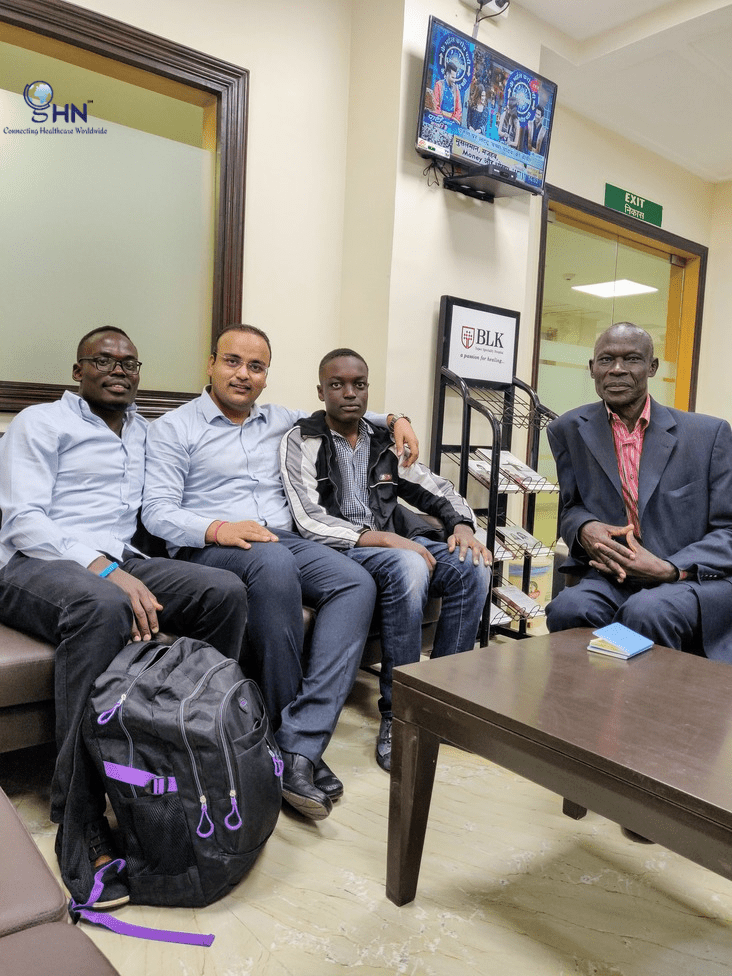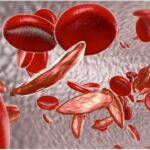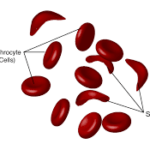It is extremely difficult to understand the medical situation if none of the family member is not from medical background.
Mr. Joseph who lived in Kenya lives a normal healthy live. He is working in a call center. From past few days, he himself could not determine what had happened to him. The signs that he noticed initially were actually very normal things like, body pain, fatigue, weight loss, nausea etc. So, Mr. Joseph worriedly visited to the nearby doctor for checkup. Doctor recommends few tests to him. So, he got the test done. When the reports come, he got to know about the disease he is suffering from. It was hard for him to accept it. He was worried what next would come about. He shared it with his family and friends. Then, one of his collegues told him that for Bone marrow transplant you should go to India, as the services for Bone marrow transplant in India has high success rate. He himself had done a cancer treatment from GHN Healthcare. So, you should communicate with GHN Healthcare.
At first, he searched about the company and saw all the reviews etc. The achievements that the company had made were evident. So, Mr. Joseph decided to talk to them.
GHN Healthcare Services is a leading Medical treatment Assistance Company based in New Delhi, India. The Organization actively engaged in providing Medical assistance to foreign Patients who choose to travel to India for quality medical care at a reasonable cost. GHN Healthcare Services is associated with 25+ Top-Notch Hospitals and has a network of 500+ Super Specialists to offer world-class medical care at a reasonable cost.
GHN Healthcare Services provided him an administrative that looked after his instance. Then after, the question was to consult a specialist for Mr. Joseph treatment. The executive turned to the surgeon in India who was well known for his successful surgeries and scheduled date of visit. GHN Healthcare Services in India takes full responsibility to make a stress free way to your destination. They also, had done the visa work for the patients. They did the same for Mr. Joseph too. He got the hotel reserved in advance with a vehicle facility also. Mr. Joseph made his first visit to the surgeon and his team. There, a long discussion took place regarding his surgery. The doctor asked him for some physical examination which he could use as a reference.
The tests needed before the Bone marrow treatment were-
- Blood tests
- Tissue typing (needed for allogeneic patients only)
- Chest X-ray
- Pulmonary Function Tests (PFTs, lung test)
- Computed Tomography Scan (CT scan)
- Positron Emission Tomography (PET)
- Magnetic Resonance Imaging (MRI)
- Electrocardiogram (EKG)
- Bone Marrow Biopsy
One has to have patience in such cases and the decision cannot be made in hustle. The doctor investigated the reports thoroughly and then gave a date for the surgery. Before that, Mr. Joseph had to follow a new medication that was prescribed for pre-operational treatment. He was very worried about his health. Everything was organized and he was satisfied with what GHN Healthcare Services had served him.
With great expectation and prayers, he looked forward to the day when the surgery was scheduled. He was happy with the attendants who gave him daily encouragement and really focused on him. This specific time is difficult to pass however with adoring and caring staff, the days worked out positively.
The doctor cheerfully came out of the operation theatre and told his Father about the prosperous surgery they did.
The post-operative treatment went on for three more days and with perfect assistance, he got discharged.
Mr. Joseph was fit and fine once again and he is thankful to GHN Healthcare Services to make the treatment hassle-free.
For any enquiry regarding Best Bone marrow hospitals & doctors or Bone marrow treatment in India, Connect with us via HELPLINE: +91 9818857545 for immediate assistance & support.
You may read some more articles –





